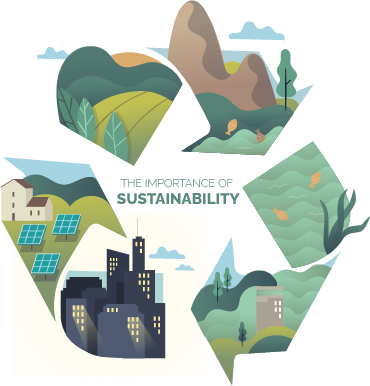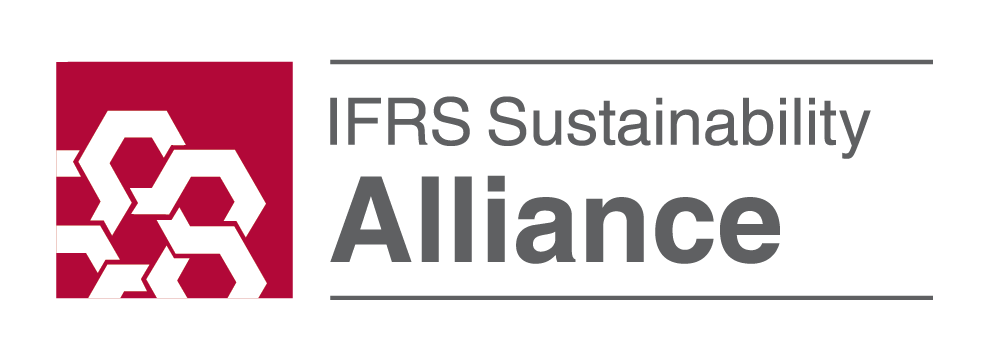Ali Darwin, the Jakarta Post | Wed, 08/05/2009 | Supplement
We are all aware that the most challenging issues on our earth today are global warming, ozone depletion and environmental damage. Each year there are more people in the world who do not get enough food. Rising poverty and unemployment have also increased pressure on environmental resources.
Many of the responsible companies, therefore, have demonstrated their accountability through embedding sustainability and corporate social responsibility (CSR) management as a core corporate value. Stakeholder engagement for them is crucial for maintaining a sustainable business, and all of the CSR performance needs to be communicated to the stakeholders.
Since last decade, we in the business world were introduced to an effective means to measure and to communicate CSR performance, which is called sustainability reporting.
The Global Reporting Initiative (GRI) defines sustainability reporting as the practice of measuring, disclosing, and being accountable to internal and external stakeholders for organizational performance toward the goal of sustainable development.
According to the World Commission on Environment and Development, the goal of sustainable development is to “meet the needs of the present without compromising the ability of future generations to meet their own needs”.
The GRI fully subscribes to these goals, and, as key forces in society, the world of business has an important role to play in achieving this goal.
“Sustainability reporting” is a broad term. Other terms that can be used to describe reporting on economic, environmental and social impacts are: corporate responsibility reports, CSR reports, sustainable development reports, corporate citizenship reports, etc. These reports can be prepared based on the guidelines released by GRI. More information on this important initiative can be found at www.globalreporting.org.
In addition to the GRI Reporting Framework, companies can add other industry standards. As we have seen in Exxon Mobil’s 2008 Corporate Citizenship Report, its report was produced based on the reporting guidelines of the International Petroleum Industry Environmental Conservation Association (IPIECA) and the American Petroleum Institute (API) Oil and Gas Industry Guidance on Voluntary Sustainability Reporting, April 2005.
From ExxonMobil’s 2008 Corporate Citizenship Report, for example, the stakeholders will have a deep understanding of their sustainability performance. The report reveals that the key goal of corporate citizenship strategy is to address the challenge of sustainability – balancing economic growth, social development and environmental protection. In ExxonMobil, stakeholder engagement takes many forms and includes in-depth conversations with governments, NGOs, shareholders, customers, suppliers, employees and others.
Sustainability reports can be used by different elements of society, particularly NGOs, providers of capital such as Sustainable & Responsible Investment and Socially Responsible Bankers as a tool in the decision-making process.
Sustainability reports are also used by government institutions such as the Ministry for the Environment, particularly to make an assessment regarding the environmental performance of the reporting organization. The management and employees use the sustainability report to make improvements with regard to the sustainability performance in order to leverage their competitiveness.
Many organizations do sustainability reporting voluntarily, pushed by the company’s ethos, recognition of good business sense or because of peer pressure. Other big players, such as the mining, tobacco, or plantation industries, understand that their operations have a significant impact on society and the environment, and they thus produce sustainability reports to describe what has been done and what will be done with regards to environment and social issues.
There is a good lesson from Sweden to be learned. As of 2009, the Swedish government requires that Swedish state-owned companies present sustainability reports. The Swedish government wants state-owned companies “to set an example and to be at the leading edge” of sustainability and good governance practices.
In Indonesia, regulations on CSR reporting can be found in the Capital Market Supervisory Agency (Bapepam) and the latest limited company law (Law No. 40/2007). They do not, however, require companies to produce stand alone sustainability reports although both of the regulations require companies to disclose the implementation of CSR programs in their annual reports.
And what do we mean by CSR? The legislation reveals nothing. It seems that the definition, scope and programs of CSR including the report format are just left to the public understanding and the CSR policy adopted by each company. Although mandatory CSR has been legislated in Indonesia, the production of stand-alone sustainability reports remains voluntary. Up to 2008, only 13 companies released stand-alone sustainability reports.
The awareness of the importance of this kind of report is still low and some companies argue that it only adds to costs. While others understand this report provides benefits, they still do nothing since they are not required to do so by law or regulation.
In order to promote sustainability reporting and to recognize and appreciate the reporting organizations, since 2005, the Indonesian Institute of Management Accountants (IAMI), partnering with the National Center for Sustainability Reporting (NCSR), has organized an annual award called the Indonesia Sustainability Reporting Award (ISRA).
To build capacity in sustainability reporting and CSR management, NCSR has conducted regular training programs for two levels of certification. One is called Certified Sustainability Reporting Specialist (CSRS) and the other is called Certified Sustainability Report Assuror (CSRA).
All of us recognize that CSR has become a hot topic. Many companies have implemented CSR in various ways based on their perception and their adopted strategy, but the stakeholders know nothing about the companies’ performance with regards to environment and social issues.
Sustainability Reporting, therefore, is crucial as a tool to communicate a company’s CSR performance. And by producing a sustainability report, it is expected that some key questions can be answered, for instance the issues of corporate transparency, stakeholder engagement, environmental and social impact, and corporate accountability.
A sustainability report is one way to maximize corporate communication in the context of corporate sustainability performance.
The writer is executive director of the National Center for Sustainability Reporting (NCSR) and can be contacted at [email protected]






